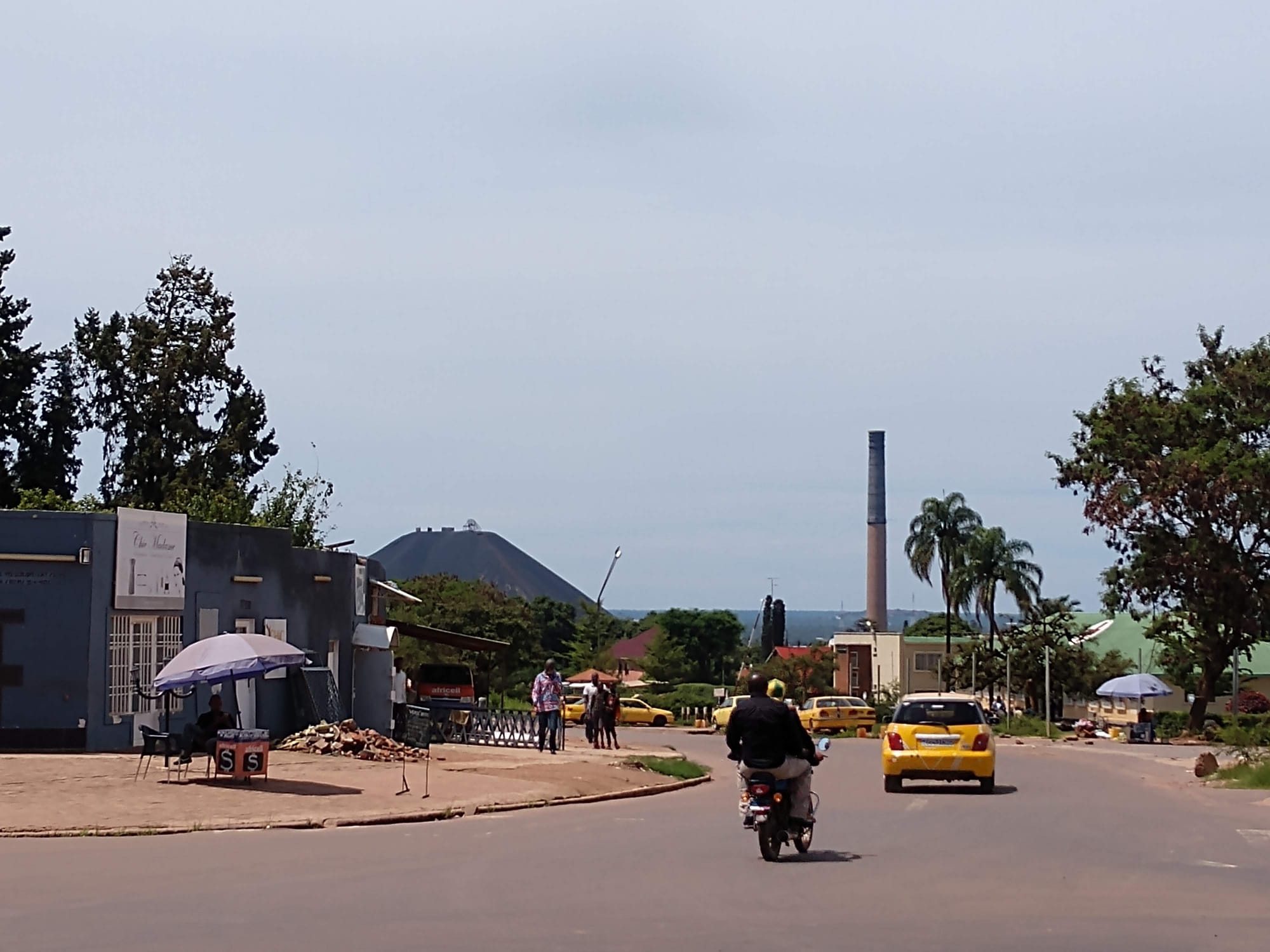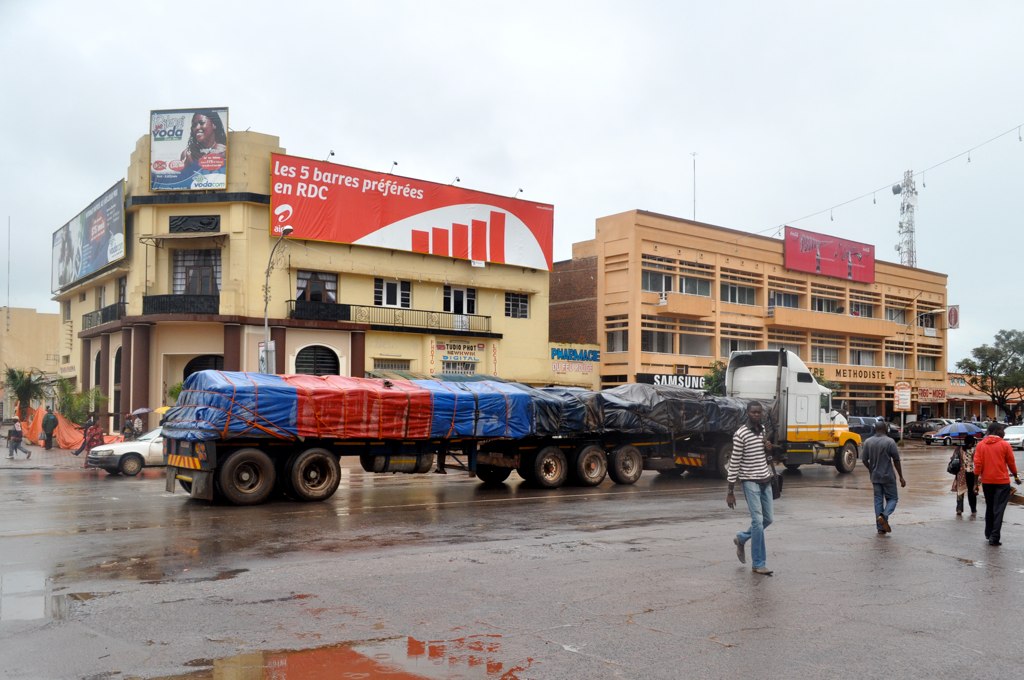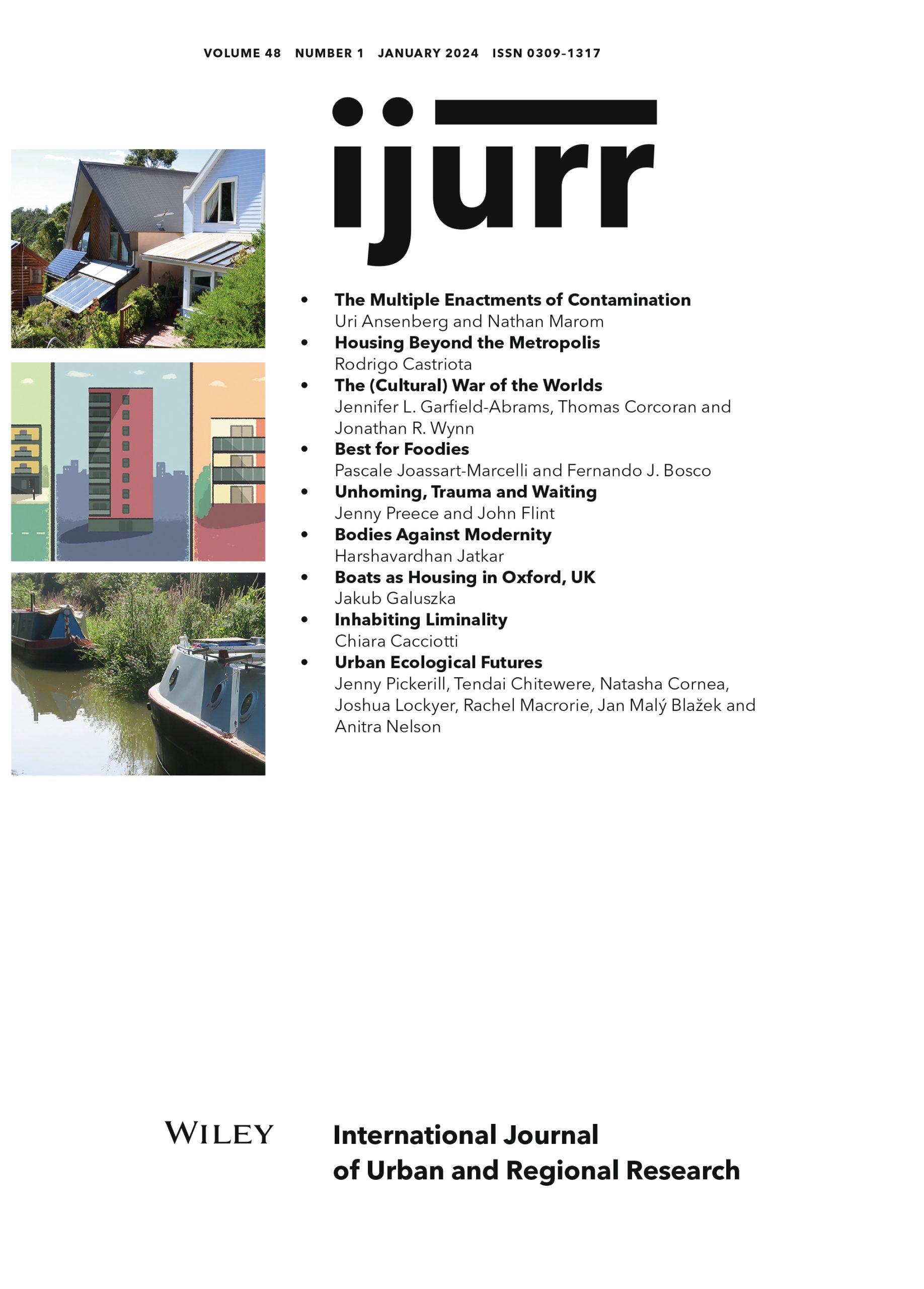In the blog, Marc Brandon Finn discusses the challenges of completing his PhD during the COVID-19 pandemic in 2020 which halted his planned fieldwork in Zambia and the Democratic Republic of Congo. Instead he used the funding from an IJURR Foundation Studentship to write a number of journal articles.

Lubumbashi smelter: extraction and urbanization. Photo: Brandon Marc Finn, January 5, 2019
I was delighted to be awarded the IJURR PhD Studentship in 2020, while completing my PhD in Urban Planning at Harvard University. This was an incredibly challenging period of my degree, as the COVID-19 pandemic halted my fieldwork plans in Zambia and the Democratic Republic of Congo. I applied for the IJURR PhD Studentship to support my qualitative and archival research in these countries, specifically focusing on the nexus of mining, extraction, and informal labor in the pursuit of copper and cobalt. The minerals have become increasingly more important as ‘green’ technology has proliferated.
While my planned fieldwork was not possible, I used the IJURR PhD Studentship to write articles on Zambian and the DRC’s urban history as a means to understand contemporary spatial inequalities in these countries. In addition to these historiographical articles, and as an adaptation engendered by COVID-19’s restrictions on fieldwork, I also wrote a co-authored paper on the confluence of urban informality and climate change (Finn & Cobbinah, 2022, a solo-authored article on popular sovereignty and political change in South Africa (Finn, 2021) and a forthcoming article on South Africa’s history of ‘pandemic urbanization’ (Finn, in press).
COVID-19 created immense challenges for all PhD students, especially those who sought to do fieldwork during 2020. The IJURR PhD studentship allowed me the opportunity to adapt my work, and to also explore broader themes within urban studies and planning. I feel that I have expanded my research agenda into three distinct, yet interrelated topics. In addition to the historiographical and theoretical work which emerged from my PhD, I plan to conduct ethnographic fieldwork which interrogates themes of urban inequality and informality in diverse African urban contexts. I also plan to continue my research on African urbanization at the confluence of climate change and urban informality. I think that the relationship between climate change and urban informality is extremely important, especially because informal urban residents bare disproportionately harsh consequences of climate-induced events such as flooding and droughts.
I am happy to have started a position as a Postdoctoral Research Fellow and Lecturer at the University of Michigan. I am embedded within the Urban Sustainability Research Group at the School for Environment and Sustainability, and feel that my training and education allow me to contribute to discussions and research on sustainability in important ways. Given that the African continent is predicted to have 13 of the world’s 20 most populous cities in 2100, its urban future will have an outsized impact on global social, economic, environmental, and political issues. I aim to contribute to ongoing research and discourse on these topics and am using my Postdoctoral Fellowship to write and publish articles, and also write a book on African urban informality and climate change.
I am extremely appreciative of the support and funding that I received from IJURR during my PhD at Harvard University, as it allowed me the privilege of being able to conduct research and write during an immensely challenging period. Furthermore, I am grateful to IJURR for supporting my past work, which strongly shapes my current research aims and ambitions.

A typical Lubumbashi street view. The truck is loaded with cobalt and copper ore on its way to a smelting facility. Photo by Fairphone CC BY-NC 2.0.
Brandon Marc Finn ([email protected]).
Finn, B. (2021) The Popular Sovereignty Continuum: Civil and Political Society in Contemporary South Africa. Politics and Space, 39(1), 152-167.
Finn, B., and Cobbinah, P. (2022) African Urbanization at the Confluence of Informality and Climate Change. Urban Studies. Online First.
Finn, B. (In Press) Pandemic Urbanization: How South Africa’s History of Labor and Disease Control Creates its Current disparities. Journal of Urban Affairs. Special Issue.
